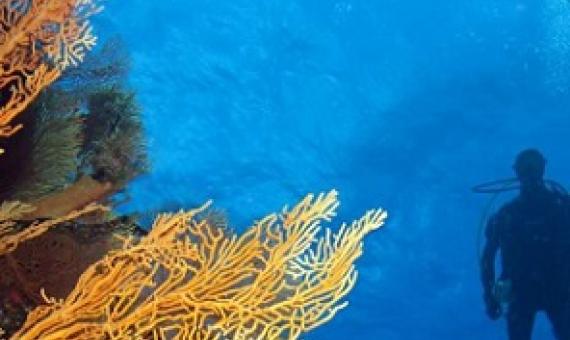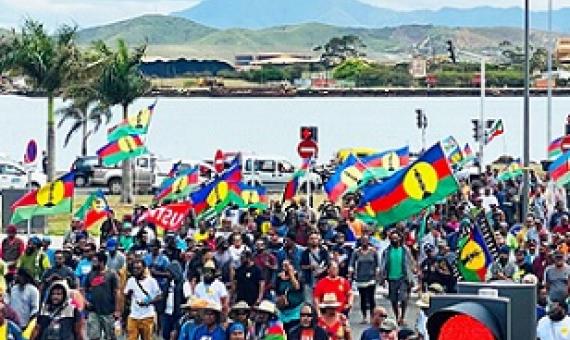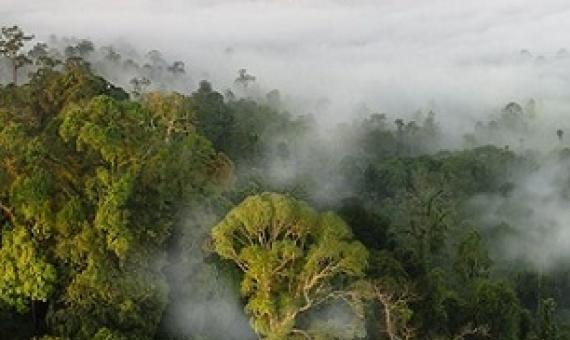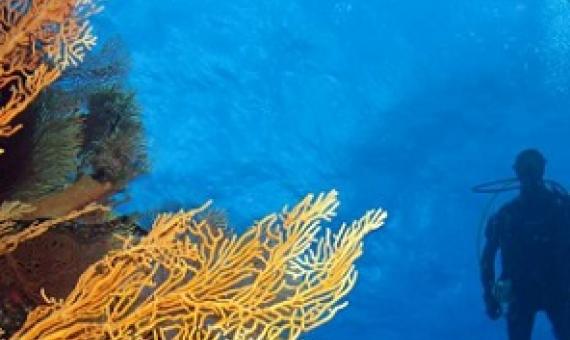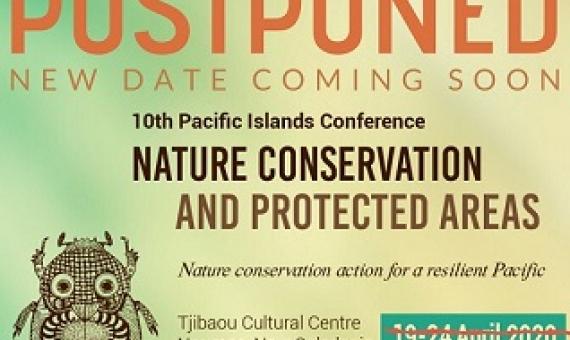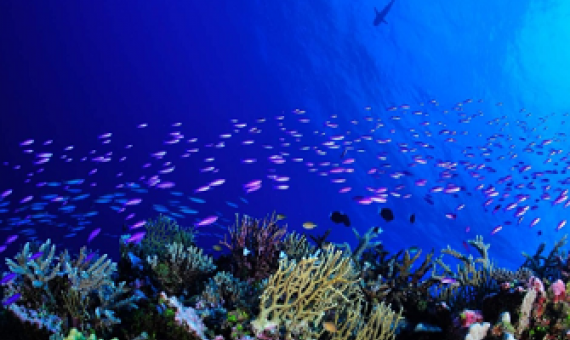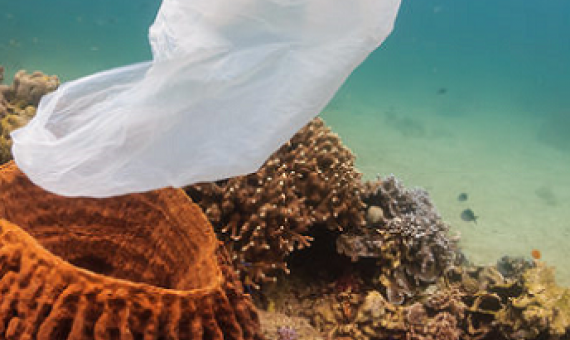Yesterday, New Caledonia’s government voted to highly protect 10% of the 1.3 million-square-kilometre (501,932-square-mile) Natural Park of the Coral Sea, which encompasses New Caledonia’s entire exclusive economic zone (EEZ) in the southwestern Pacific Ocean.
A Typology for Reef Passages
Coral reefs host exceptionally diverse and abundant marine life. Connecting coasts and sheltered lagoons to the open ocean, reef passages are important yet poorly studied components of these ecosystems. Abiotic and biotic elements ‘pass’ through these reef passages, supporting critical ecological processes (e.g. fish spawning). Reef passages provide multiple social and ecological benefits for islands and their peoples, but are so far neither characterized nor recognized for their multifaceted significance.
The clash on 7 December follow a month of roadblocks and demonstrations across the French Pacific dependency of New Caledonia. The immediate dispute was over which consortium could bid for the Goro nickel smelter and the other assets of Vale Nouvelle-Calédonie.
MSIG Asia today announces a three-year partnership with Conservation International Asia-Pacific (CIAP) to champion biodiversity conservation and drive forward the business’ sustainability efforts in the region. This partnership will contribute to biodiversity conservation efforts in six core
New Caledonia - Global Reef Expedition Final Report
The world has recognized the reefs of New Caledonia as hosting some of the most beautiful and well-preserved tropical marine habitats, globally. New Caledonia is isolated in the southwest Pacific Ocean, about 1,300 km east of Australia. The country is situated in the Coral Sea, which hosts some of the most biodiverse coral reefs in the world. In July 2008, UNESCO declared the Entrecasteaux Atolls, as well as the lagoon surrounding Grande Terre, and four other marine sites, as official World Heritage Sites with the goal of preserving and protecting New Caledonia’s coral reef habitats.
A new report from the Khaled bin Sultan Living Oceans Foundation (KSLOF) provides a promising assessment of the status of coral reefs in New Caledonia.
The 10th Pacific Islands Conference on Nature Conservation and Protected Areas, which was scheduled to take place from 19 – 24 April 2020, has been postponed to later in 2020. The decision to defer the conference to a later date, yet to be confirmed, has been made by the conference host, the
New Caledonia has made encouraging progress in ocean protection over the past several years, but much of its waters remain in need of protection.
A gradual restriction on the use of plastics starts in New Caledonia today. Per capita New Caledonians have reportedly used more than 200 plastic bags each year. Link to the full article below.
The authorities in New Caledonia have begun culling protected sharks in a central Noumea bay after a boy lost a leg in a shark attack last month. Click on the link below to read the full article.

